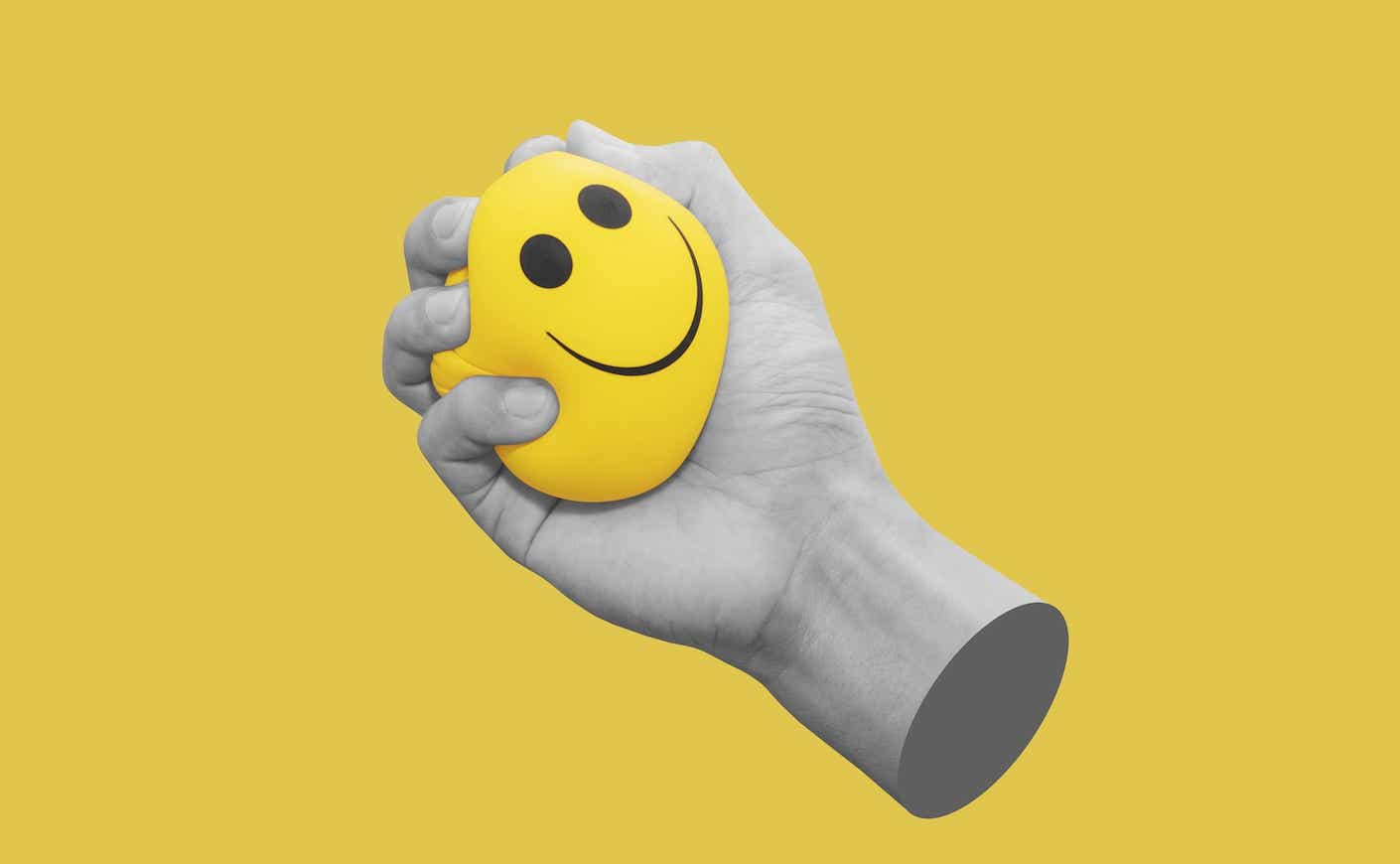In our new series In Your Feelings with Samantha Boardman, MD, she’s helping you better understand your emotions. This article originally appeared in her substack The Dose, which you can subscribe to here.
We're often told that happiness comes from within, but decades of research point us in a different direction. Accumulating evidence shows that happiness comes from “with” as much as it comes from within. A recent study published in Communication Research highlights a specific way that connecting with others boosts everyday well-being: Through quality conversations. The researchers found that just one good conversation with a friend during the day made people happier and less stressed by day’s end.
Over 900 university students participated in the study. Those in the control group were asked to pay attention to their social interactions. Those in the experimental group were directed to engage in one of the following seven types of conversations that past research has shown facilitates bonding.
Catching up
Filling a friend in on what has happened since you last spoke or recapping the day is a significant contributor to relational satisfaction and has been shown to reduce loneliness. “How have you been this week?” is a good place to start.
Meaningful talk
Engaging in substantive or valuable conversation boosts well-being due to its ability to increase feelings of relatedness and satisfy the basic human need to belong.
Joking around
Sharing a laugh with a loved one reinforces connection and enhances relationship satisfaction. Plus, humor enhances a good mood, facilitates the reframing of negative emotion, and promotes bonding through play and responsiveness.
Showing care
Verbal and non-verbal supportive communication is linked to less loneliness and stress, plus decreases in blood pressure and depression. Showing care manifests in a variety of ways, including unspoken gestures, acts of kindness, and simply being present.
Listening
Providing emotional support through listening boosts feelings of self-efficacy, coping, and overall well-being. Listening isn’t an exercise in silence — it entails asking questions, looking up from your device, and giving feedback.
Valuing others and their opinions
Expressing appreciation is something many of us are reluctant to do. We assume the other person already knows how we feel, and that it might be awkward to say the words aloud. Reality check: They don’t know and it won’t be ask awkward as you think. Plus, studies show that verbally sharing gratitude is associated with happiness, life satisfaction, and vitality.
Offering sincere compliments
Like expressing gratitude, giving a compliment to a close friend can seem a little cringy, especially if it’s not something we're in the habit of doing. Start with something simple. Fill in the blank: “I really admire X about you.”
Accumulating evidence shows that happiness comes from 'with' as much as it comes from within.
Regardless of the type of conversation a participant was assigned to have with a friend, they all made a difference. The very act of intentionally reaching out to a friend in one of these ways enhanced connection and reduced stress. Just one conversation was enough to provide a boost but more was better. “The more that you listened to your friends, the more that you showed care, the more that you took time to value others’ opinions, the better you felt at the end of the day,” explained co-author of the study, University of Kansas professor Jeffrey Hall. Unsurprisingly, the study found high-quality face-to-face communication was more closely associated with well-being than electronic or social media contact.
Given how stressed out people are, taking the time to have a real conversation is a simple remedy worth trying. Bottom Line: You have a buffet of options to choose from. Start talking.
Dr. Samantha Boardman is a New York-based positive psychiatrist committed to fixing what’s wrong and building what’s strong. Based on 15 years of experience, she helps clients cultivate vitality and boost resilience. Visit her website, follow her on Instagram, or read her newsletter, The Dose.









